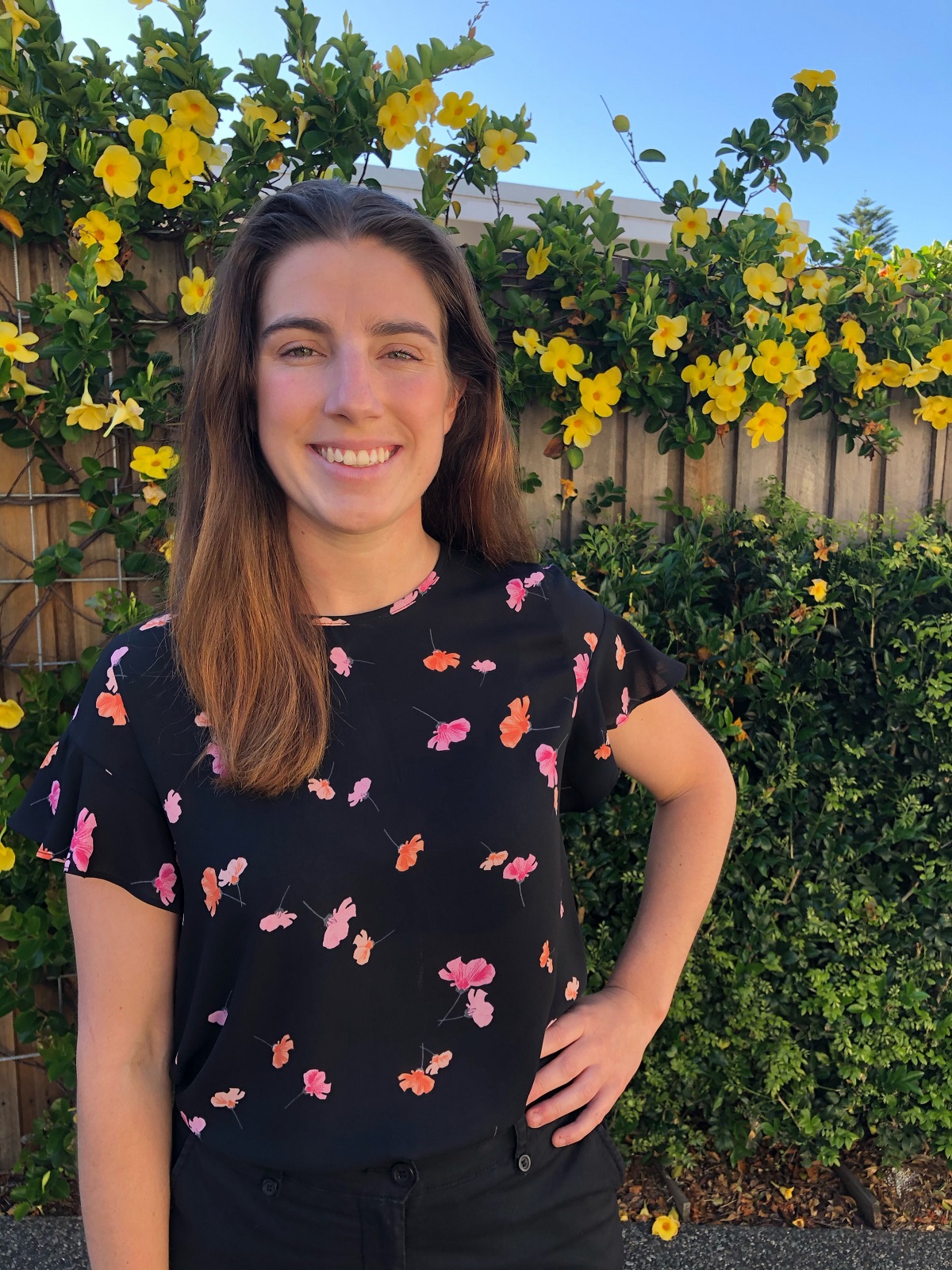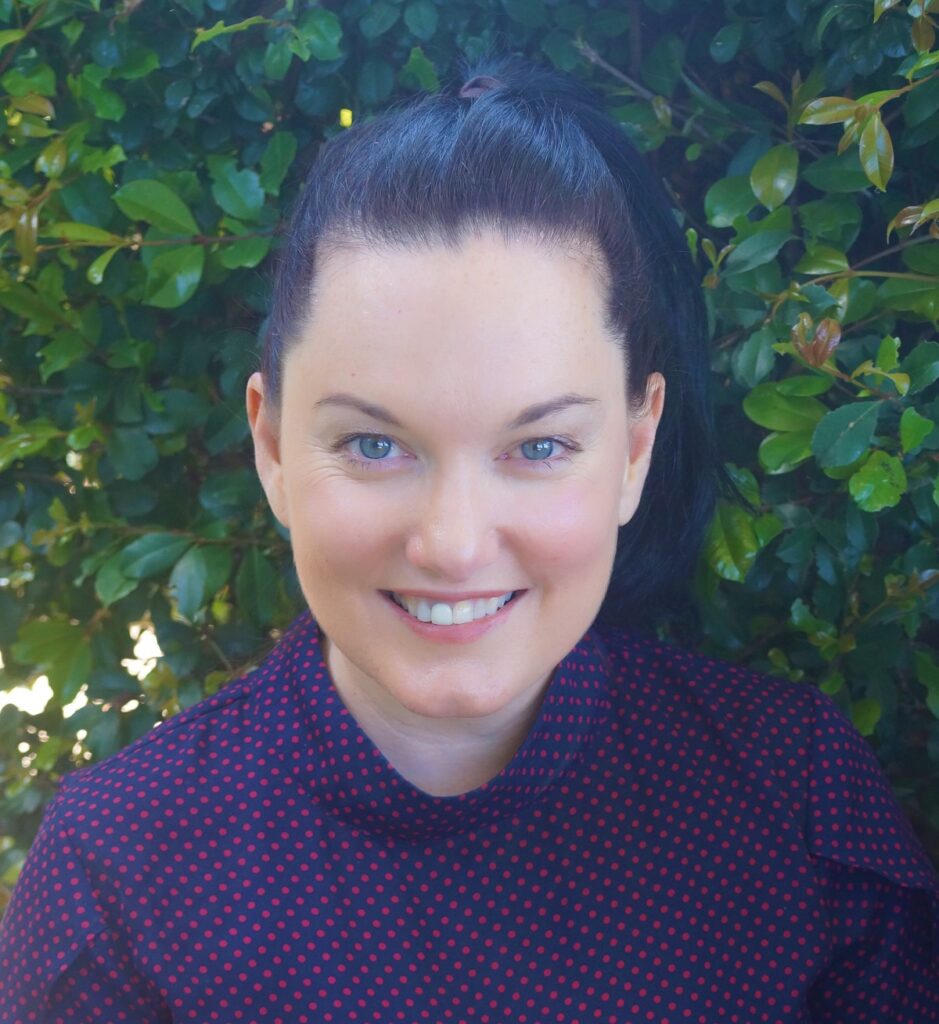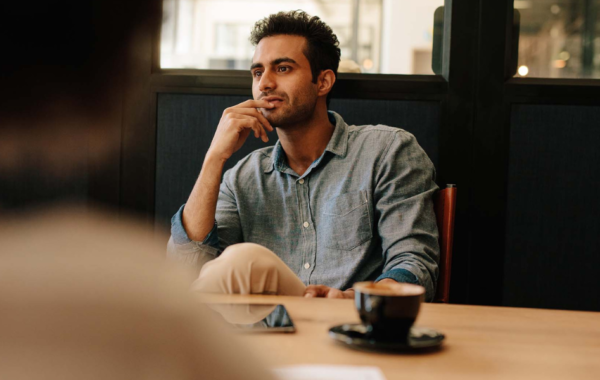
Local environmental engineers are problem solving for a better planet
Environmental engineers have played a key role in solving some of civilisation’s greatest challenges – from the provision of clean water to safely disposing of sewage and protecting air and soil from contamination. We spoke to Georgia Carniel and Jennifer Maverick about their journeys to careers in environmental engineering and how their work at Hunter Water improves the liveability of our cities and sustainability of our resources.
Tell us how you got started in environmental engineering…
Georgia
I always had an enthusiasm for maths and an interest in the environment at school, so environmental engineering has been a great way to combine those interests in my working life. To be honest I didn’t really know much about engineering when I started studying it at uni – I just knew it had lots of maths and problem solving! I figured it out as I went along and discovered that I really enjoyed it. I made a great group of friends along the way at uni, and that really helped – engineering isn’t easy, so it’s important to have peers that understand the challenges and struggles as you make your way into the unknown.
When I left uni, I got my start working as a site engineer in building construction. It was pretty different from what I’d studied in environmental engineering, but I really like being thrown in the deep end – that’s part of engineering! In any context as an engineer you’re faced with a set of problems, and it’s your role to solve them; to methodically go through and work it out. You make mistakes along the way, and that’s okay, that’s part of being human and learning! From there I wanted to get more into environmental engineering and so here I am working in asset management at Hunter Water!
Jennifer
My journey is a little bit different and perhaps I’m an example of how to become an engineer the wrong way! I grew up in a small country town, and it just so happened that when I was at school we took roll-call in the careers room. There was a pamphlet there on careers in engineering that I used to pick up all the time. At the time I didn’t know any engineers and none of my friends knew any engineers – it was a bit of a foreign concept out in the country. I was into the maths and science classes and I was really quite interested in what this pamphlet had to say about engineering, so I mustered up the courage to talk to the careers person about it and they said “but you can’t do that, you’re a girl!”. Their view – and that of my teachers – was that girls who were good with numbers should become accountants. Their opinion wasn’t malicious, but a general reflection of the culture in that country town during those decades (at least). So I ended up studying a Bachelor of Business and Grad Psychology and I worked in the finance industry for a long time.
Whilst working in banking, I took a break and lived in India at a meditation ashram for a few months. During this time I volunteered at a hospital that provided care to people known as ‘untouchables’ (ostracised minority groups), who would otherwise not have access to medical services and adequate food. One day I was travelling back from providing outreach services in a remote community. I was in a truck on a typically hot, dusty day, when I saw a group of women carrying enormous rocks in 45 degree heat. I turned to the doctor beside me to ask what they were doing, and she said “they’re trying to build a road because they realise it will give them access to medicine, water, and maybe even education.”
That moment really stuck with me, and I found myself asking if what I was doing with my life was really the contribution I wanted to make. I knew the answer lay in having technical skills, so I returned to that initial interest in engineering and decided it was time. From there, I stayed on in banking and started studying engineering concurrently. Then I reached out to someone I knew who was working on the light rail project because I thought that would be an interesting project to do my industrial experience with, and things really went from there. So, like Georgia, I worked in construction for a year or so, before heading into something more with a greater environmental focus, and that was my journey to Hunter Water.
So let’s talk about that environmental side of things. What attracted you to environmental engineering?
Georgia
I’ve had a passion for helping the environment going right back to my school days. When I was choosing my course, I was tossing up between environmental science and environmental engineering, and ultimately it was the ‘unknown’ of engineering that drew me in! I always want to learn more about the environment and challenge myself, so I threw myself in and discovered that I loved it.
Jennifer
For me it was about that challenge too, but also knowing that environmental engineering allows you to get involved in solving diverse and complex problems that could benefit the world. And I also think personally it equips me with skills and mindset that helps me be a positive custodian of our environment.

Tell us a bit about the projects you’re working on at Hunter Water…
Georgia
I’m in the Asset Capability Engineering team and my role is really varied, so I’m helping with the management of a number of projects. I work with four different senior engineers across water, sewer and stormwater, to help with projects like asset upgrades. For example, in the sewer network we have some cast iron pipes that are over 90 years old and they’re suffering from scale and blockages, so we’re managing a project to re-line those pipes before they cause critical issues in the network. I’m also working on a project looking at defects in stormwater assets and culverts throughout Newcastle that were built in the 1920s, so there’s some really interesting work there looking at how to overcome the challenges in accessing and fixing infrastructure that is so deep. That kind of work often involves working with other organisations, like the local council, so there are great opportunities to work collaboratively. And then in the water main section I’m helping to identify patterns or clusters in defects so we can prioritise which sections should be replaced so we have a more reliable water system. You’d be amazed at the complexity and importance of what goes on beneath us! Even just thinking about the distance covered by the sewer system and the pump stations along the way in that network is truly remarkable. It’s an amazing underground world!
Jennifer
Normally I work in Wastewater Network Operations, where we look after the network and make sure that it functions as it should. So that amazing underground web Georgia alluded to is our domain – and we deal with everything from the treatment plant to the customer. A large part of that role is managing our response to environmental incidents or pollution events, and the restoration of the environment after such an event. That also involves reporting those incidents to the EPA. The other part of my role, and a part that I’m really passionate about, is coming up with programs or processes to proactively reduce the occurrence of pollution events.
Currently I’m on secondment as Program Lead for Biosolids and Resources. This involves investigating the best way that Hunter Water can manage their biosolids, which includes looking at them as a source of renewable energy and how we might transition to using them as a source of renewable energy.
What does a normal workday look like for each of you?
Georgia
For me, a normal workday involves a lot of project planning across that portfolio I mentioned earlier, so looking at costs, risk, prioritisation and other things like that. Those plans get reviewed and approved through management and then go out to our site teams to get started. I also scope works for tender processes and other things like that, too. And while it sounds like I’m at my desk a lot, I also do get out and about! We go out on site to see how the projects are progressing, so for example with the lining of the cast iron pipes we’re using a trenchless method so that there is less impact on customers; so we’ll head out on site to see how that is working in practice. And with our water main projects we get out on site to observe how the polyethylene liner gets pushed through the pipe before it expands to line the pipes and extend the lifespan of the mains by at least another forty years. So there’s lots of variety in a typical day for me!
Jennifer
That variety is also true for me. In fact, there’s no such thing as a ‘typical’ day when I’m in my network ops role, as you never know where the day will take you! Pollution events are obviously unplanned, so you’ve got to be flexible and be able to put down whatever it is that you’re working on to get out there and stop it, fix it and clean it up. So that role really needs you to be able to manage a balance of both the sprint and the marathon – you’ve got to be able to cope with being interrupted. With my new role, a typical day is all about organising and communicating with different people, both within the organisation and external to the organisation (like the EPA, other water boards, councils and so on). Every day is about problem solving, but I also always try to make time to have a positive impact on my co-workers during the day, too.
Any advice for new grads or engineers looking to take the step in their career?
Georgia
This is probably more advice for life generally, as well as in engineering, but just have a go and don’t be afraid of making mistakes along the way! You’ll learn from what doesn’t work and new opportunities will present themselves. And the other thing is to say ‘yes!’ to those opportunities – give everything a go.
Jennifer
My advice is that there has never, ever been a better time in history to educate yourself. So no matter what situation you find yourself in or where you are in your career, you can always continue to learn! And it’s a great time to be an engineer because there’s just so many resources to draw from. For example, I’m not a coder, but I’m learning how to code because I know this will help me produce products that will engage people with the environment and help automate what can be automated in my role.
My other advice is that if you’re passionate about something, then find a way to translate that passion into action. And in terms of the environmental field, you can start applying whatever skills you have now to have a positive benefit in that area through community groups or starting your own initiative – you don’t need to wait for a job to start applying those skills!
Who or what inspires you?
Georgia
In my experience so far, I’ve learned that what I value the most in my working life is having the opportunity to work in a team with others who are positive and supportive. So I’m inspired by work environments and coworkers that encourage you to build relationships with others, to be positive, to try new things and to look forward to coming to work every day. And you can help create that environment too, even if you’re not a manager or in a position of influence. Just saying hello and finding a way to have a positive impact on your team.
Jennifer
I’m really inspired by people who dedicate their lives to moving society and the world forward in a positive way and sticking to a standard of excellence. So people like Philip Wollen, Lyn White, Damien Mander, David Goggins and of course, Diana Prince. They’re all people that started off doing something polar opposite to what they’ve ended up dedicating their lives to. They’ve all been brave enough to make a change and dedicate their lives to a life of service, which I think is really important in this time that we’re living in, particularly with the environmental pressures and the personal resilience that’s going to be required in society as we move forward. I look up to people who step out of their comfort zone to help others cope better in those situations. That’s what inspires me.
_ _
Are you an engineering professional in the market for a new position, or an organisation seeking new engineering talent?
GWG’s Senior Consultant Mitchell Cook works with professionals in the engineering, mining and energy sectors to set up the perfect match. Get in touch via email at [email protected] or by calling 0402 772 072.



